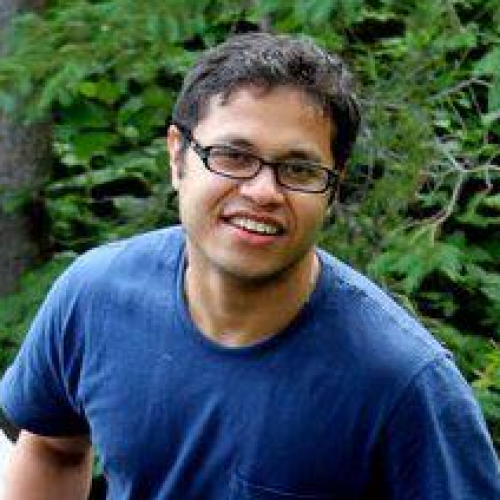
Sauptik Dhar
Sauptik Dhar is a Senior Staff Research Scientist at a stealth start-up company in Silicon Valley. Prior to that he was the AI Technical Lead at LG SVL AI Team. There he was leading the fundamental research for on-device learning. The aim of that project was to understand the research landscape for on-device learning and the limitations of the existing approaches. An immediate outcome of this project helped identify the prospective use-cases and research challenges pertaining to edge learning. In addition, he also led the AutoML research on advanced Hyperparameter Optimization in collaboration with University of Toronto. Before LG, he was a Senior Research Scientist at Robert Bosch LLC, where he led the research effort on scalable machine learning and large scale HD Maps for autonomous driving. During this role he has worked and led several other use-cases in domains like, Healthcare, Thermotechnology, Manufacturing, Automotive etc.
Dr. Dhar received his PhD in Electrical and Computer Engineering from University of Minnesota, Twin Cities. He received his B.Tech from National Institute of Technology, Silchar in Electronics and Telecommunications. He is currently an Associate Editor for Neural Processing Letters, and has also served as a reviewer for several journals like, Neural Networks, Pattern Recognition, Neurocomputing, Plos One, IEEE Systems Man. and Cybernetics (B), IEEE TPAMI and others. He has also served as a PC member of the conferences like, KDD (2016-2020), ICMLA (2016-2020), SDM 2018, IJCNN 2019, NIPS 2016 and others, and actively publishes in the community.
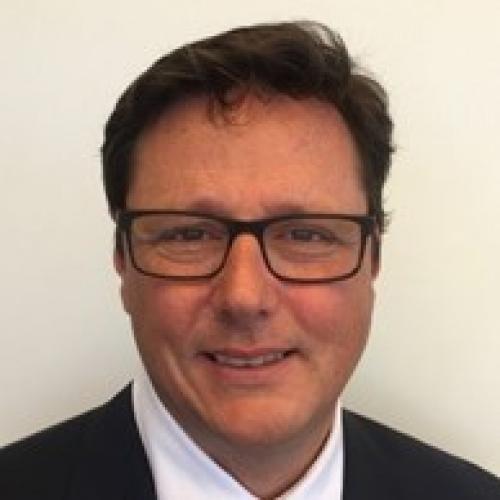
Malcolm Layton
Malcolm Layton is the Fortifyedge Chief Product Officer and brings his product and customer development expertise to the team to ensure mission/solution fit for our customers and end users. He holds an MBA (Innovation) University of NSW and holds multiple patents in advanced game design.
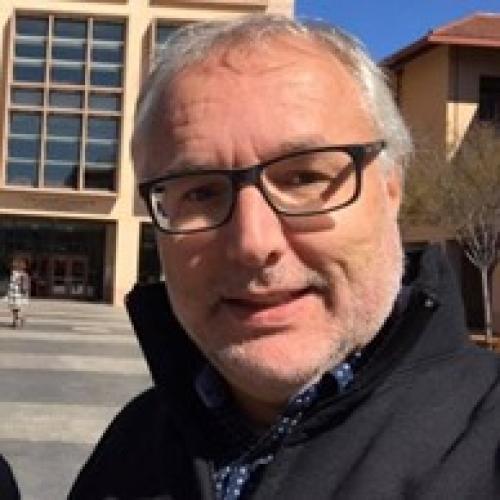
Peter Padd
Peter Padd CEO/CTO. Peter brings the disciplined operational and entrepreneurial experience from Silicon Valley startups and senior management positions at Fortune 500’s and Government. He has done the hard work of bringing to life innovation. He has a background in mathematics, statistics and technology, MBA (Innovation) University of NSW, completed coursework in entrepreneurship and a H4D educator from Stanford GSB, Adjunct Professor in Defense Innovation at the University of Tasmania. Peter lives in Tasmania, Australia at the edge of the world where edge computing is what they do by default!
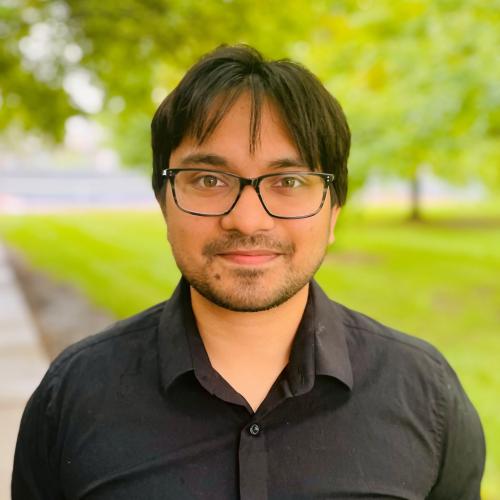
Harsh Bhate
Harsh Bhate is a Research Engineer in the Advanced Software Applications team at Ford Motor Company. His role entails working on enabling cutting-edge AI/ML applications in the embedded domain. As part of his past experiences, Harsh has developed & deployed custom neural network based computer vision solutions on various edge platforms such as NVIDIA Tegra TX2. Harsh graduated with a Masters in Electrical & Computer Engineering from Georgia Institute of Technology (Georgia Tech) and was a visiting student in the Electrical Engineering & Computer Science Department at Massachusetts Institute of Technology (MIT). His interests include machine learning, embedded systems and computer vision.

Pete Bernard
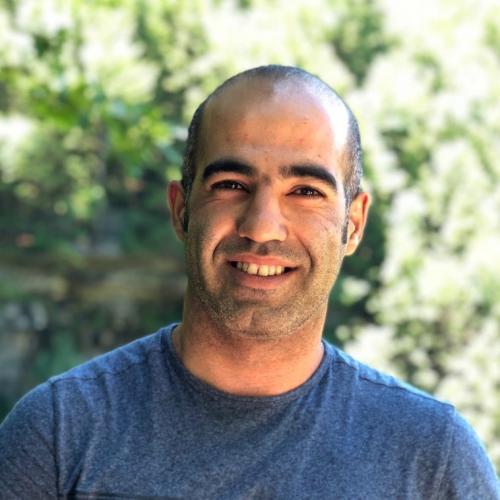
Javad Heydari

Anil Mankar
Anil Mankar has spent 30 years developing products in the semiconductor industry. At Western Digital, Mr. Mankar developed PC core Logic chipsets. During his years at Conexant Systems Inc. in the position of VP of Engineering, he developed multiple products across industry segments and later became the company's Chief Development Officer overseeing all product development for V92 Modem, DSL, Set-top boxes, PC audio and video 'System on a Chip' products. Mr. Mankar was SVP of VLSI Engineering at Mindspeed Technologies, responsible for Wireless and VOIP infrastructure product development.
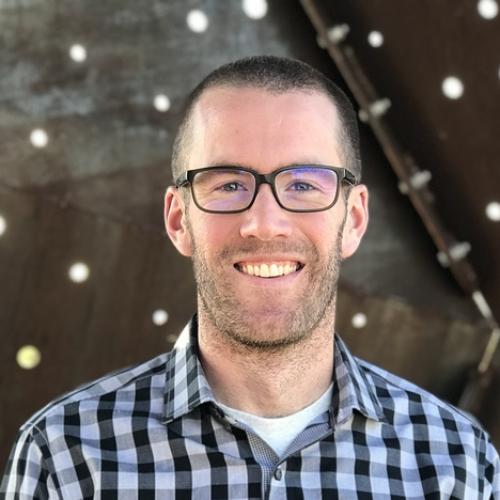
Brandon Giles
Brandon is an Electrical Engineer driven to deliver products that materially impact the world. He's on a mission to improve the engineering efficiency of embedding performant, spatial AI and CV into products
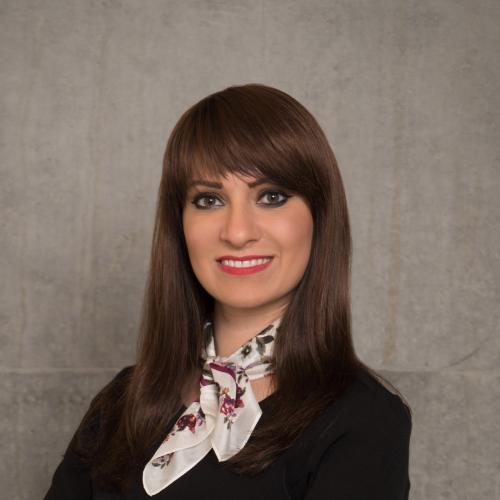
Elnaz Sarraf
Elnaz Sarraf is the CEO and founder of the award-winning Roybi Robot – the world’s first AI-powered smart toy to teach children language and STEM skills. It also has been named one of TIME Magazine’s Best Inventions in Education, on the 2019 CNBC Upstart 100 list as one of the world’s most promising startups, and on Fast Company’s 2019 World-Changing Ideas. Elnaz is also a Board Member at the Consumer Technology Association, Small Business Council, and member of Forbes Technology Council. Before starting ROYBI, Elnaz co-founded and led a consumer electronics/IoT company, iBaby, serving as the company's President.

Joseph Engler
Joseph Engler, PhD is the Chief Artificial Intelligence (AI) Scientist at Collins Aerospace. Dr. Engler is responsible for the direction of the Allison™ AI Lab including research and development, product generation, and AI services. Dr. Engler is the creator of Collins Aerospace Enterprise AI, named Allison™. He received his B.S. degrees in Mathematics and Computer Science from The Franciscan University in 2004, his M.S. degree in Industrial Engineering from the University of Iowa in 2009, and his Ph.D in Industrial Engineering from the University of Iowa in 2011. He has authored multiple peer reviewed papers, holds 13 patents, and 12 trade secrets. Prior to joining Collins Aerospace, Joseph was an Associate Research Scientist in the University of Iowa Operator Performance Laboratory where he developed a number of novel machine learning algorithms for classification of human physiology. Dr. Engler’s current research centers on Fractal Learning in Artificial Systems and his research interests include artificial general intelligence, complex adaptive systems, and chaos science. In his spare time, Joseph is an avid model railroader and loves to BBQ.